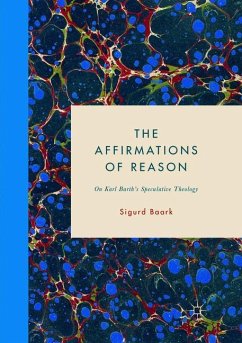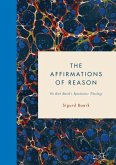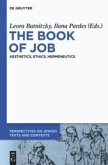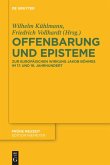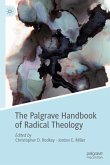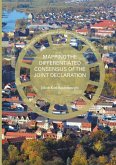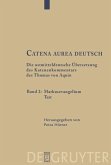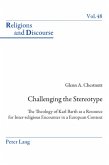This book examines the speculative core of Karl Barth's theology, reconsidering the relationship between theory and practice in Barth's thinking. A consequence of this reconsideration is the recognition that Barth's own account of his theological development is largely correct. Sigurd Baark draws heavily on the philosophical tradition of German Idealism, arguing that an important part of what makes Barth a speculative theologian is the way his thinking is informed by the nexus of self-consciousness, reason and, freedom, which was most fully developed by Kant, Fichte, and Hegel. The book provides a new interpretation of Barth's theology, and shows how a speculative understanding of theology is useful in today's intellectual climate.
"Baark's argument regarding speculative theology, and in particular the way that it critically departs from McCormack's work, positions The Affirmations of Reason to be a helpful, if provocative, foundation for future scholarship to build upon. ... There is a fascinating interplay of certainty and indubitability of God's existence and character that is also radically non-totalizing. This certainly deserves further consideration, alongside the primary arguments Baark offers about Barth's speculative theology." (Michael Laminack, readingreligion.org, July, 2018)
